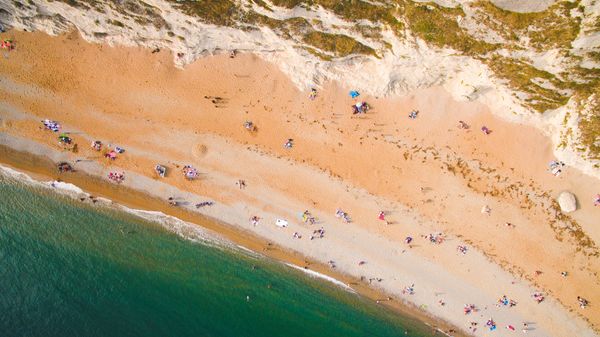
Picking the right music for the workday takes a bit of thought. It requires sounds that will energize you, keep you focused and create the right mood for creativity and work. According to recent research from the University of North Florida, nature sounds are what we should be listening to while working.
Erin Largo-Wight and her colleagues measured factors like pulse rate, muscle tension and self-reported stress of 40 participants while they listened to 15 minutes to three different sounds. They first listened to silence, Mozart, then ocean waves. After each listening session, researchers gathered the information again.
The scientists noticed that when participants listened to ocean waves, they had much lower levels of muscle tension, heart rates and stress. However, they saw no significant change for those listening to silence or classical music.
"With stress such as a heavy workload, our cognitive resources become fatigued with overuse," said Largo-Wight, a professor of public health. "The idea is that nature can restore us cognitively."
Another study from Rensselaer Polytechnic Institute looked at how different sounds affected workers' concentration. Acoustician Jonas Braasch had 12 participants listen to four different sounds -- white noise, flowing water, regular office sounds and silence. After listening to each sound for six minutes, researchers reported no major differences in performance (except a decline while listening to silence). However, the participants reported feeling more focused while listening to the sounds of flowing water.
In another study performed by the same researchers, they discovered that people performed better on tasks when they listened to birdcall sounds during their breaks.
"People didn’t rush through the test and could focus better," Braasch said. "Natural sounds may provide a more comfortable environment where people are satisfied."
It is important to note that not all nature sounds will work -- to be effective, these sounds shouldn't be too loud or abrasive.
"We need to be able to keep up the illusion of natural space," he said.
H/T Fast Company







